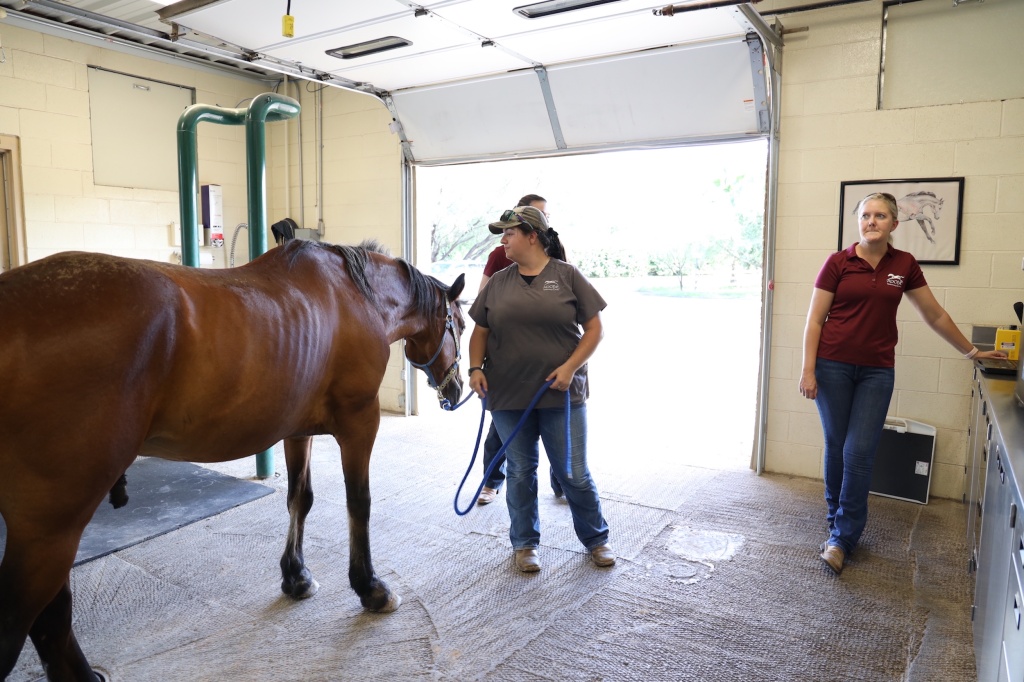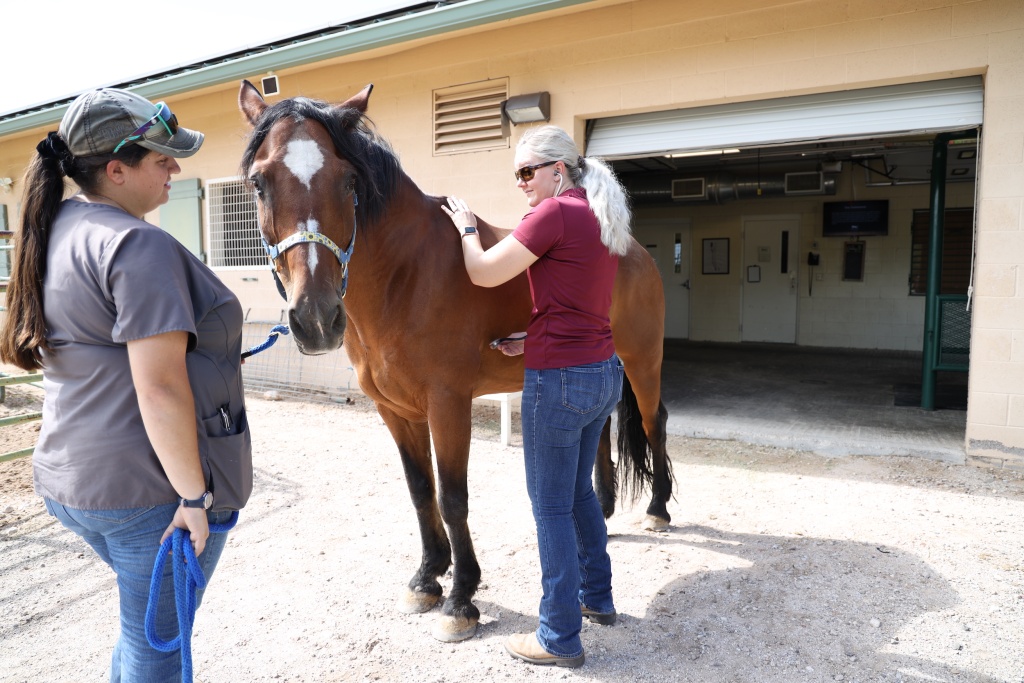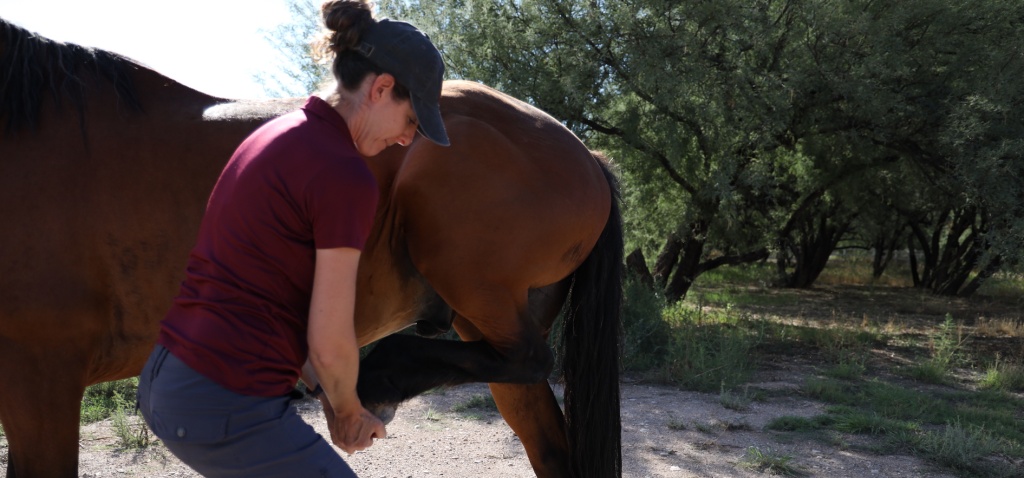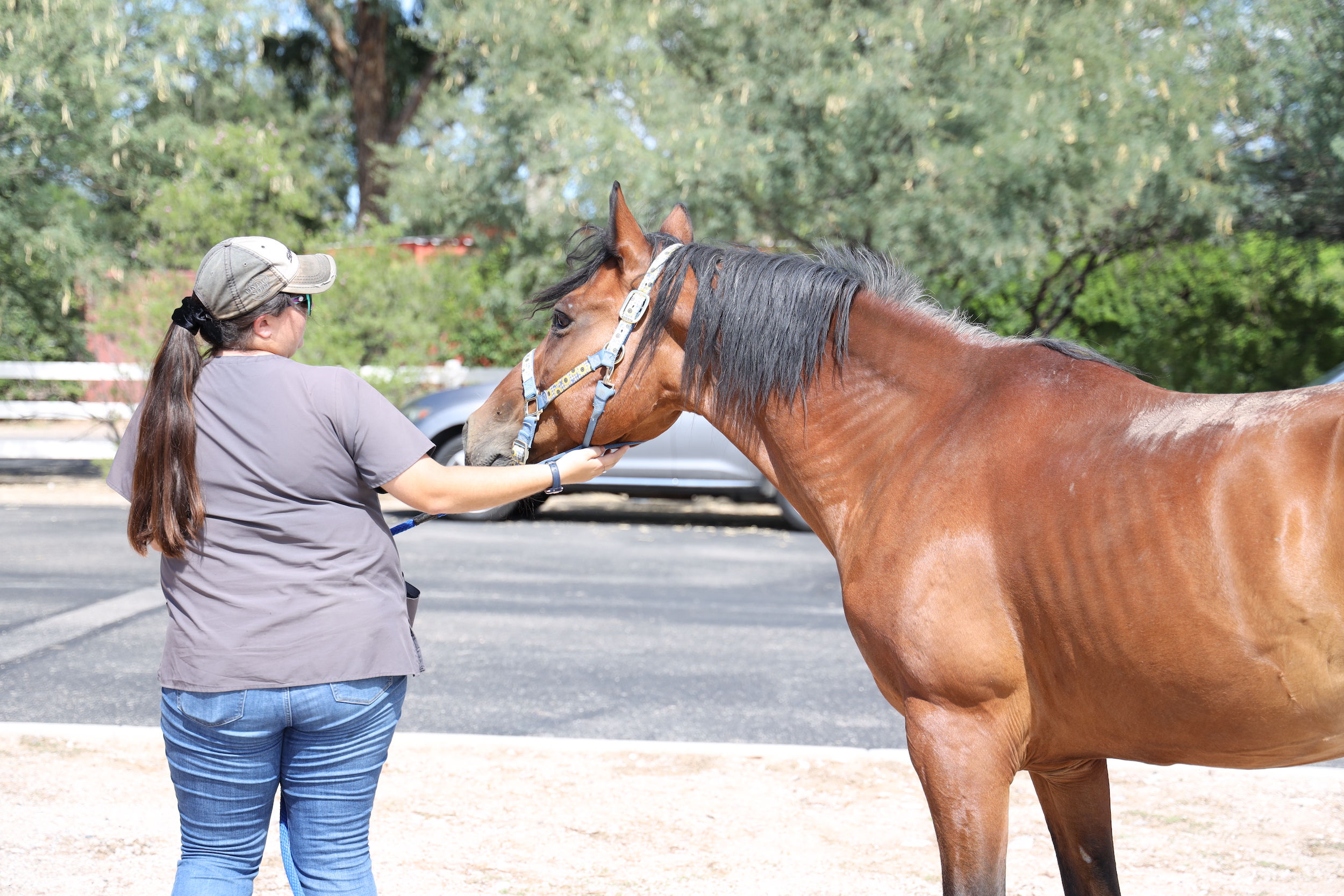
Unraveling the Mystery: Does Your Horse Need a Lameness Exam?
Understanding Equine Lameness
• Limping or uneven gait
• Reluctance to move or exercise
• Swelling or heat in the limbs
• Resistance to being saddled or bridled
• Changes in behavior or performance

The Importance of Equine Lameness Exams
A lameness exam is a comprehensive diagnostic tool used by veterinarians to pinpoint the source of a horse’s lameness. It involves a thorough examination of the horse’s gait, movement, and overall musculoskeletal system. Additional diagnostic tools, such as imaging techniques and flexion tests, may be employed to gather more detailed information.
Detecting lameness early is crucial for effective treatment and preventing long-term complications. Ignoring subtle signs may lead to more severe issues that can impact your horse’s performance and quality of life.
When to Consider a Lameness Exam for Your Horse
• Unexplained Changes in Performance: If your horse’s performance has declined without an apparent reason, it’s time to investigate the possibility of lameness.
• Persistent Unevenness: Regularly observe your horse’s gait. If you notice persistent unevenness or stiffness, especially after rest or exercise, it could indicate a lameness issue.
• Behavioral Changes: Lameness can also manifest through changes in behavior, such as irritability, resistance, or reluctance to perform certain activities.
• Recent Injury or Trauma: If your horse has experienced an injury or trauma, whether recent or in the past, it increases the risk of developing lameness.
Booking a Lameness Exam for your Horse at Adobe Veterinary Center








